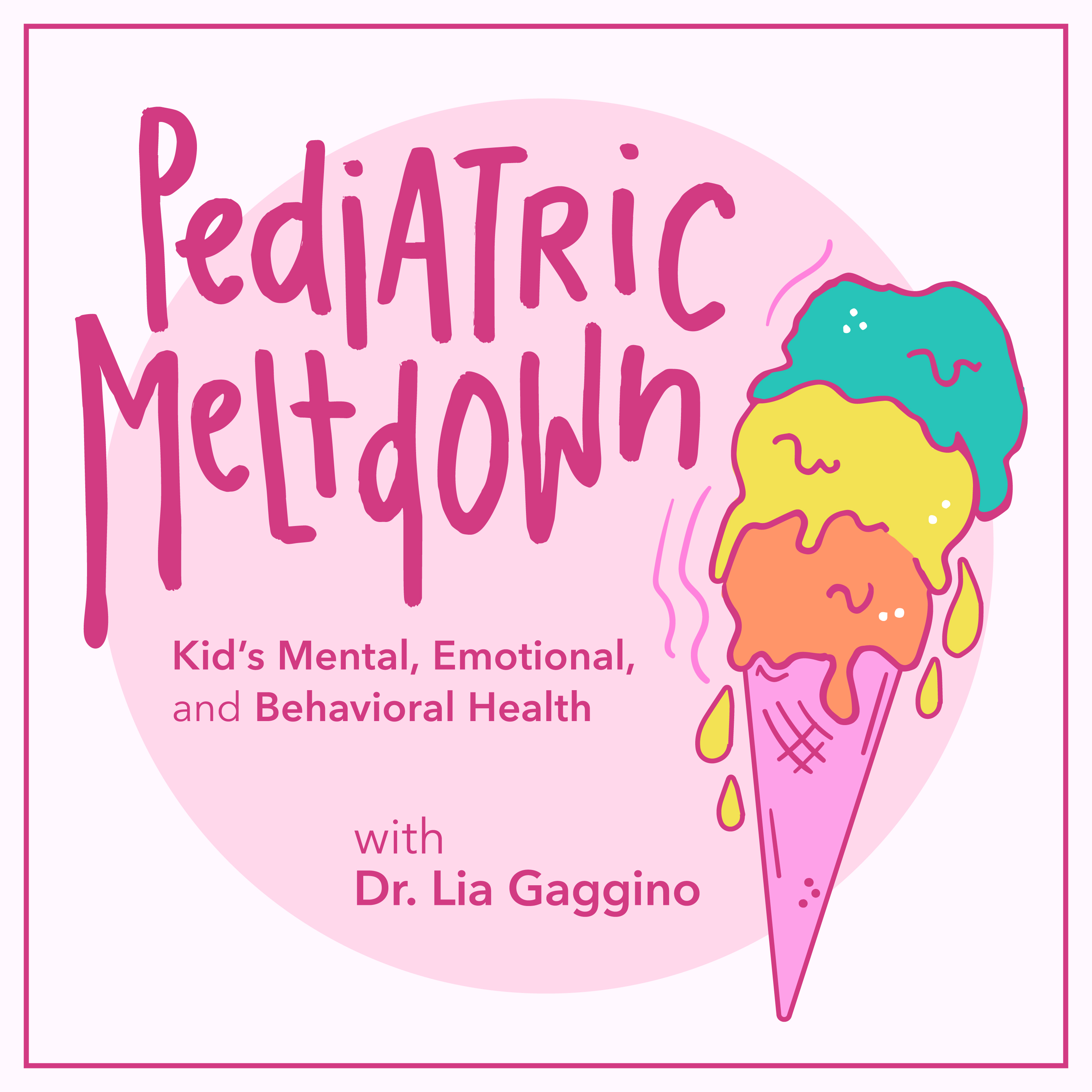
86 Domestic Violence: How it Impacts Children
Podcast: Pediatric Meltdown
Autor:Lia Gaggino
https://302.buzz/PM-WhatAreYourThoughtsDomestic violence is a pattern of abusive behavior in which one partner repeatedly uses physical force or threats of violence against the other partner. It can take many forms, including physical, sexual, emotional, and economic abuse. Domestic violence affects everyone, no matter what age or size, and it is an important topic we should cover, however, it might be triggering for some people. If you're worried that someone you know may be experiencing domestic violence, it's important to talk to them about it. In today’s episode, our guest Dr. Claudia B. Fenderson, EdD shares with us relevant information about the resources available to help victims get out of abusive relationships and discloses why professionals like pediatricians can play an important role in identifying and providing resources to children and families affected by domestic violence. Dr. Claudia B. Fenderson has served as the Director/Chair of the Doctor of Physical Therapy Program at Marist College until her retirement this past year. She has a BS in Physical Therapy from Columbia University; an MS in Physical Therapy from Long Island University and an EdD in Child and Youth Studies from Nova Southeastern University. Her career spans more than 45 years and the majority of her experience has been in the areas of education and neurologic rehabilitation, primarily in infants and preschoolers with developmental delays and disabilities. Key Highlights: [00:01 - 09:31] Open Segment How Dr. Claudia got interested in domestic violenceViolence can be classified into four types: physical, sexual, psychological, and economicDomestic violence can involve any type of abuse, from physical to emotional to financial, and can happen to anyone[09:32 - 20:07] Have Conversations About Healthy Relationships with All of Your PatientsThere are warning signs that should be observed in order to identify domestic violenceIt is important for professionals to ask about domestic violence when they are concerned for a child's wellbeingHow to identify a controlling relationship, and offer resources to teens who are in a difficult relationship[20:08 - 33:28] Provide Resources and Support to VictimsDuring Covid was difficult to identify people who were experiencing domestic violenceHealth care professionals should be aware of risks and be prepared to help victims in difficult situationsDomestic violence is a problem that affects both men and women, but it is especially an issue for womenHealthcare providers should be aware of the signs and symptoms of domestic violence[33:29 - 41:45] Help Patients Feel Less Alone By asking questions, clinicians can help prevent harm to patients and childrenOffering resources and help to adult victims of domestic violence is essentialAdults need to know that they are not alone and that they can come to talk to us if they need help[41:46 - 44:38] Final TakeawaysAll professionals who care for kids have an opportunity to ask about domestic violence and safetyDomestic violence and intimate partner violence is all about controlWe often consider physical abuse, but we need to think about emotional abuseDomestic violence is common with estimates that one-third of men and women have been in a domestic violence situation and that 15% of children may have witnessed domestic violenceDomestic violence is a public health concernTeens who have witnessed domestic violence may believe that violence is an acceptable way to deal with conflictAsk universally about domestic violence and intimate...
Fecha de Publicación: 27 de abril de 2022
Duración: 44 min
Añadir a Playlist

Episodios Relacionados
-
249. The Pediatric Meltdown Podcast: Behind the Scenes junio 4, 2025
-
248. Conversation with My Daughter: Soft Body Baddie mayo 28, 2025
-
247. Human Trafficking: What Pediatric Clinicians Must Know mayo 21, 2025
-
246. Pediatric Psychopharmacology: Tips for Prescribers mayo 15, 2025
-
245. When Sadness Looks Like Anger: Rethinking Pediatric Depression and Behavioral Activation mayo 7, 2025